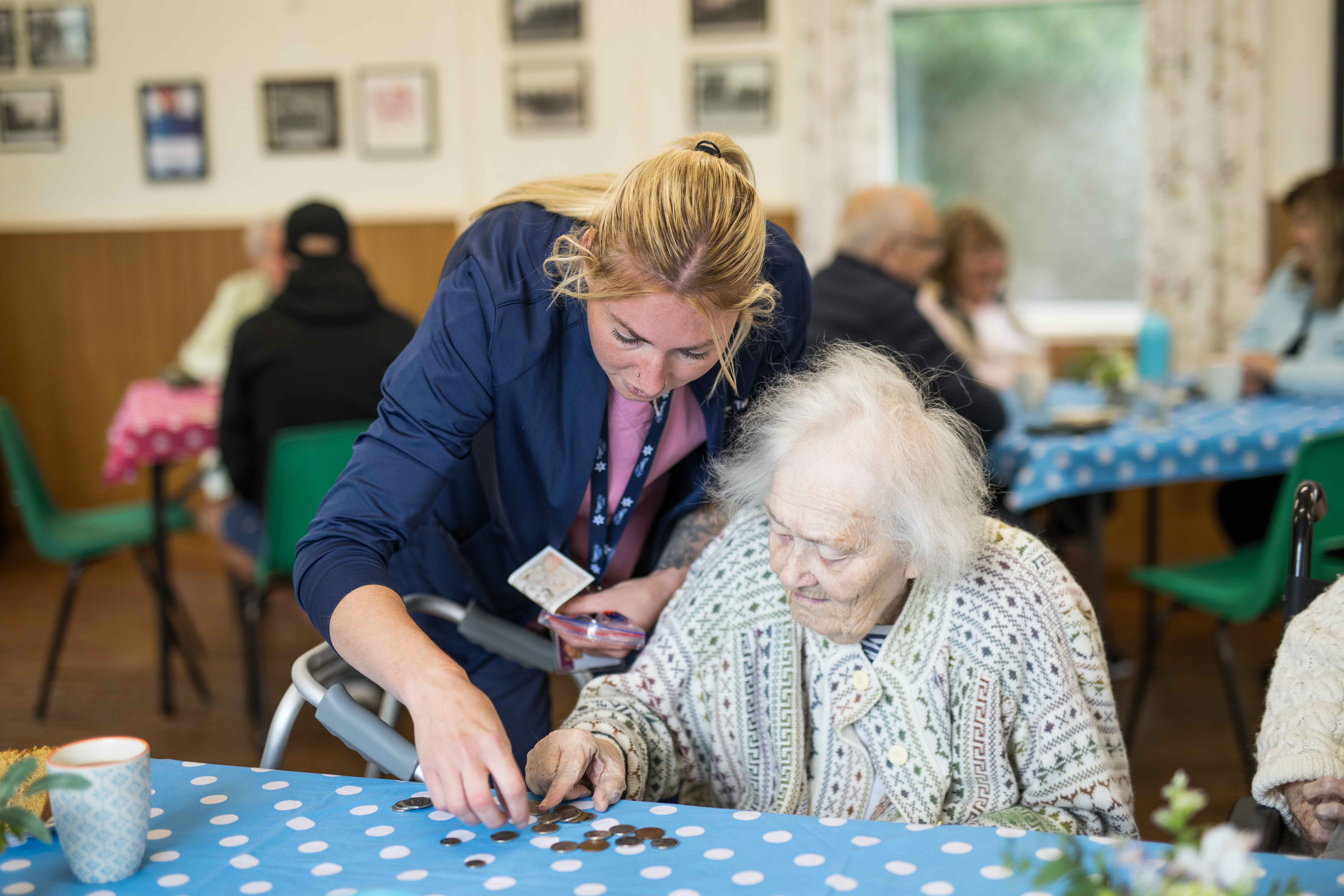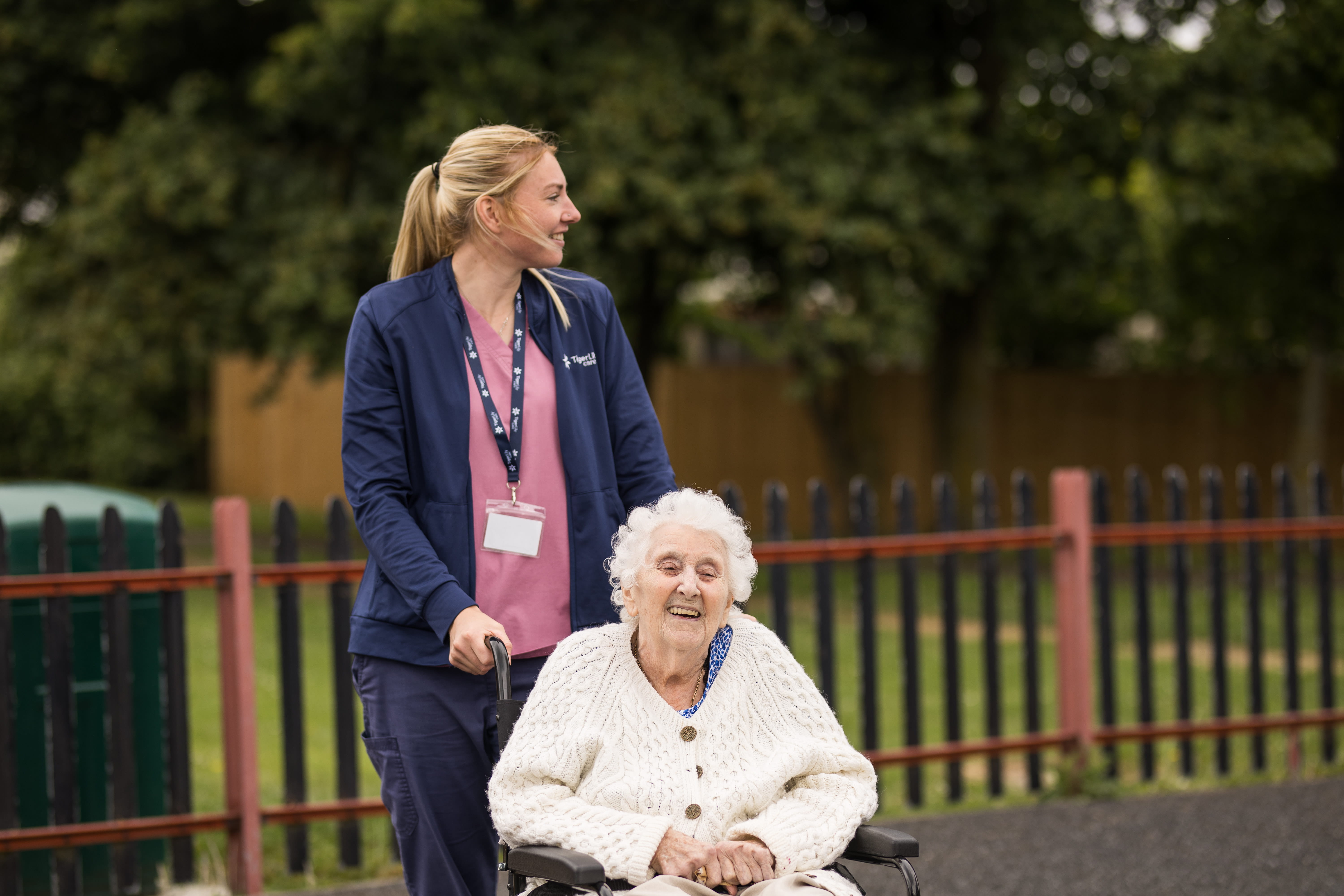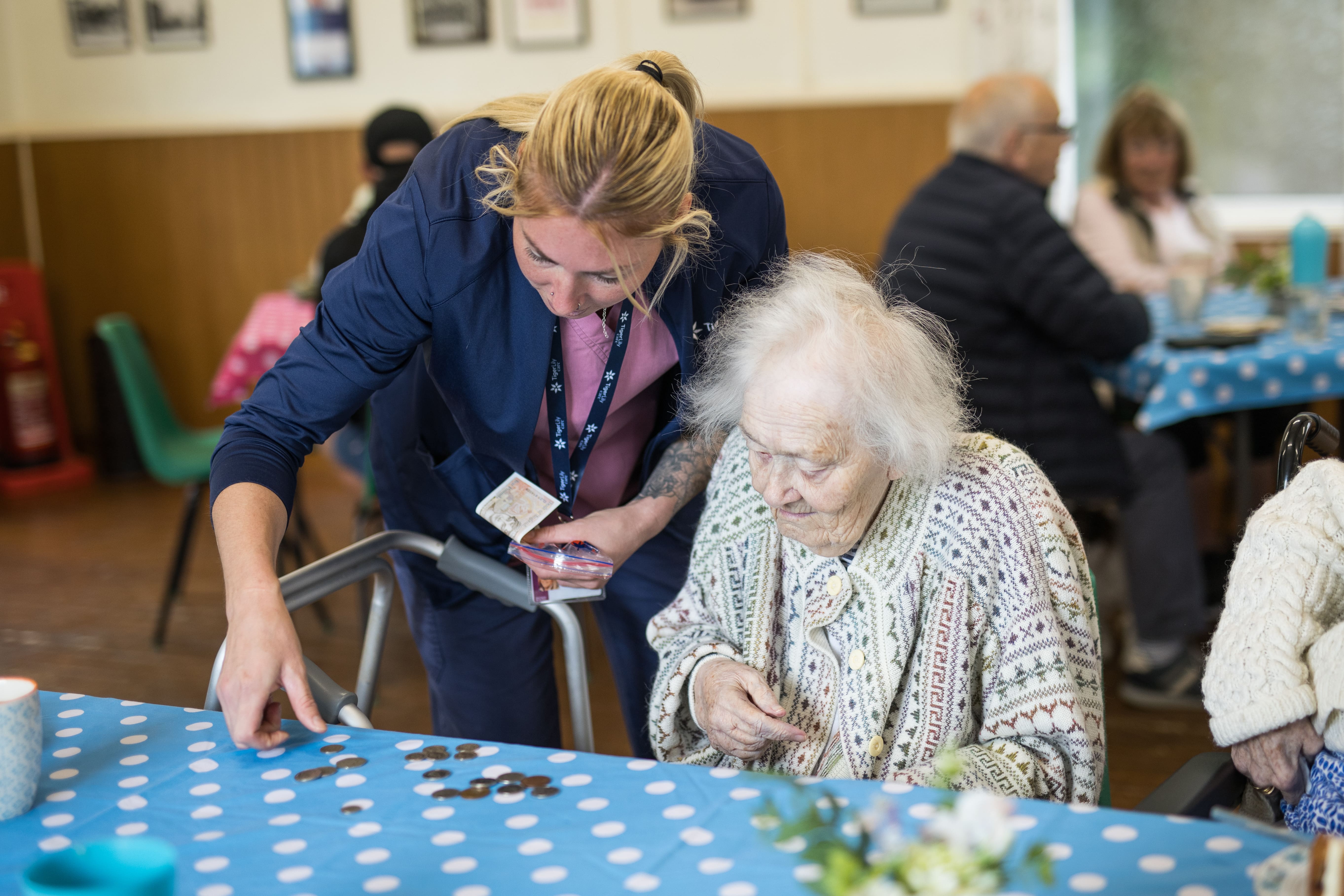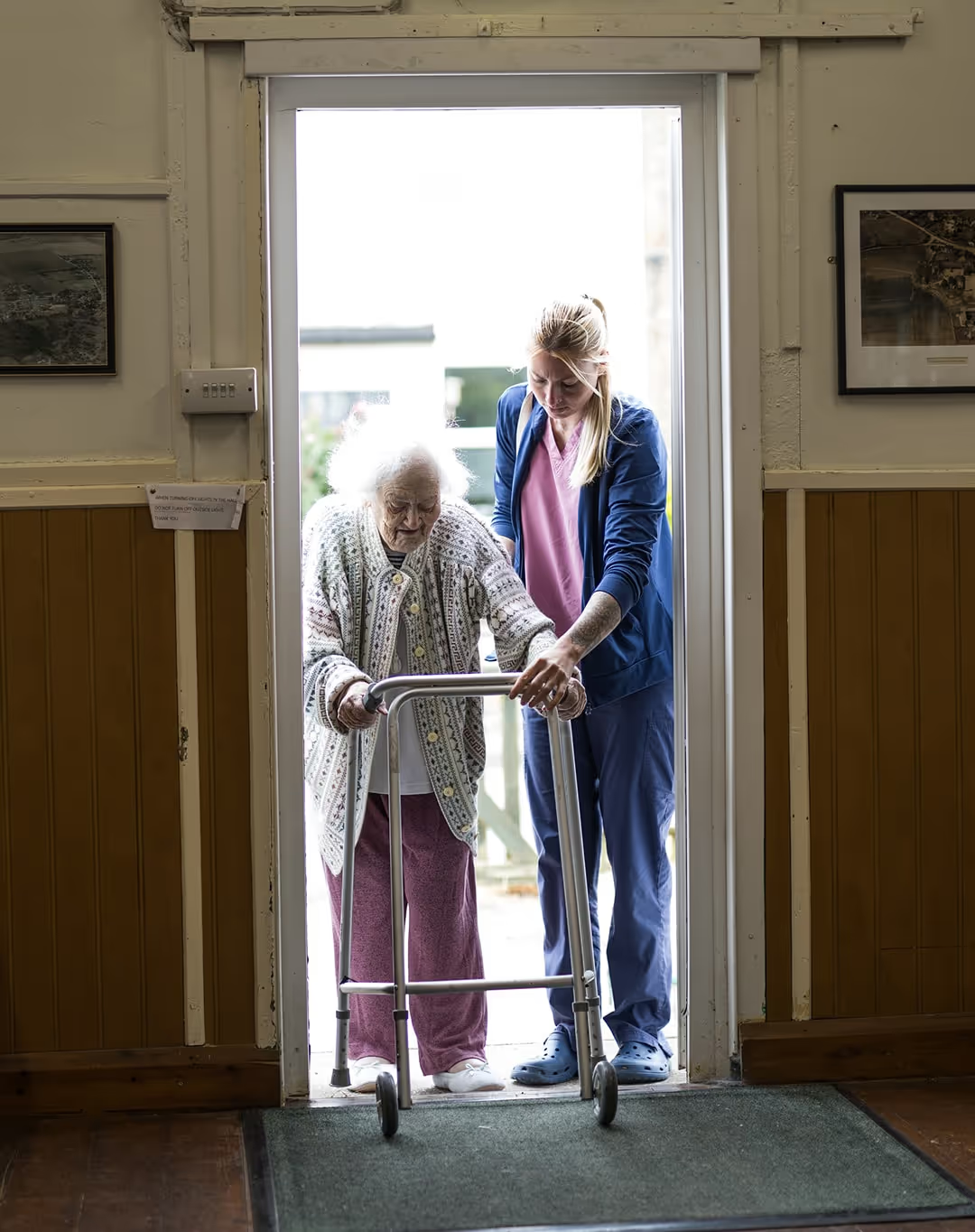As people age, medication often becomes an inevitable part of daily life. Seniors may take prescriptions for chronic conditions, over-the-counter remedies, or vitamins and supplements. While these medications support health, they can also be challenging to manage, especially for older adults experiencing memory loss, confusion, or complex treatment plans.
Missed doses, accidental double-dosing, or mixing medications incorrectly can all have serious consequences. That’s why establishing safe medication routines is one of the most important aspects of senior care. In this guide, we explore common challenges seniors face, strategies for building effective routines, and practical tools to keep them safe and confident.
Why Medication Management Matters for Seniors
For many older adults, staying healthy depends on sticking to prescribed medication schedules. Medications can manage chronic conditions like diabetes, heart disease, or arthritis, but only when taken as directed. Even minor errors in timing or dosage can reduce effectiveness or increase risks.
Cognitive changes, vision problems, and physical challenges like arthritis can all make medication management harder. This is why families and carers must be proactive in supporting seniors, ensuring that medications are not only taken on time but also stored safely and reviewed regularly.
Common Challenges Older Adults Face with Medications
We can all forget to take our medications from time to time. However, older adults face unique challenges when it comes to taking medications regularly and correctly.
- Memory issues: Forgetting doses or accidentally taking extra pills.
- Complex medication schedules: Multiple prescriptions with different timings.
- Vision problems: Difficulty reading small print on labels or instructions.
- Physical limitations: Trouble opening childproof bottles or handling small pills.
- Side effects: Fatigue, dizziness, or nausea may discourage seniors from continuing treatment.
- Multiple healthcare providers: Different prescriptions may interact negatively if not carefully managed.
Understanding these challenges is the first step in building a plan that reduces risks and promotes independence.
Building a Safe Medication Routine
Creating a consistent routine helps seniors remember and follow their medication plans more easily.
Practical steps to build a safe medication routine include:
- Establish a set schedule: Tie medication times to regular daily activities, like meals or bedtime.
- Use reminders: Phone alarms, smart speakers, or reminder apps can provide helpful prompts. For those who don’t use technology, a well-placed noticeboard can be equally beneficial.
- Simplify routines: Ask doctors if medications can be adjusted to fewer doses per day.
- Keep a written list: Maintain an up-to-date list of all medications, dosages, and administration times.
- Check off doses: Use a daily checklist or log to track the doses that have been taken.
Carers can encourage independence by involving seniors in routine-building, rather than simply taking control.
Tools and Aids for Medication Management
A variety of tools can make managing medications much easier:
- Tablet organisers: Weekly or monthly boxes with compartments for each day and time.
- Smart tablet dispensers: Devices that beep, flash, or lock until the correct time to take medication.
- Medication reminder apps: Apps like Medisafe or CareZone provide notifications and tracking features.
- Large-print labels: Pharmacies can offer easy-to-read packaging for individuals with visual challenges.
- Blister packs: Pre-sorted by the pharmacy to show exactly what should be taken and when.
These aids not only help seniors stay on track but also provide peace of mind for families.
The Role of Carers in Supporting Medication Routines
Carers play a vital role in ensuring safety without taking away independence. The most effective medication routines consider the individual's preferences and needs.
Key responsibilities may include:
- Monitoring medication schedules and offering reminders.
- Assisting with opening packaging or preparing doses.
- Noticing side effects and reporting them to healthcare providers.
- Encouraging seniors to stay engaged by explaining the purpose of each medication they take.
Carers should strike a balance between supervision and respect, ensuring their loved ones feel in control of their own health.
Preventing Medication Mistakes
Proactive planning reduces the risk of errors. It can be helpful to keep the following tips in mind when planning a safe medication schedule:
- Regular medication reviews: Schedule annual (or more frequent) check-ins with a GP or pharmacist to confirm that all medications are still necessary and compatible.
- Store medicines properly: Keep them in a cool, dry place, avoiding direct sunlight. Ensure medications are stored securely and out of reach of children and pets.
- Avoid sharing medications: Every prescription is unique; sharing can be dangerous.
- Dispose of expired drugs safely: Pharmacies often provide disposal services.
- Keep emergency contacts handy: In case of accidental overdose or reaction, quick action is essential.
Addressing Memory Loss and Cognitive Decline
Seniors with dementia or Alzheimer’s, or another form of dementia, face additional risks when it comes to medication management. Carers should:
- Use locked pill dispensers to prevent accidental overuse.
- Provide clear and simple instructions, along with visual aids.
- Supervise closely while encouraging participation in routines.
- Coordinate with healthcare providers for simplified prescriptions where possible.
In advanced cases, carers may need to take full responsibility for administering medication. Specialist dementia carers can support older adults with memory impairments to safely take their medications.
Communication with Healthcare Providers
Open communication ensures that seniors receive the safest and most effective care.
- Bring all medications (including supplements) to doctor’s appointments.
- Ask about potential side effects and interactions.
- Request easy-open packaging or alternative forms (like liquids instead of pills).
- Ensure seniors understand why each medication is prescribed to encourage them to take it regularly.
Healthcare providers should be viewed as partners in creating safe, manageable routines. If maintaining a regular and safe medication routine becomes unmanageable, consider the benefits of involving professional home care support.
Emotional Impact of Medication Management
Managing multiple medications can be stressful for seniors, leading to frustration or anxiety. Carers can help by:
- Offering reassurance and encouragement.
- Creating a calm environment around medication times.
- Respecting independence. Avoid making seniors feel “controlled.”
- Turning routines into positive rituals, like sharing a cup of tea before or after doses.
Emotional support is as vital as practical organisation in keeping older persons safe and engaged. If anxiety becomes overwhelming, don’t hesitate to reach out for additional mental health support.
Practical Tips for Families
Creating a new medication routine from scratch can feel overwhelming.
Our top five tips are a good place to start when building a successful medication schedule:
- Create a shared medication log that is accessible to all caregivers.
- Rotate responsibilities among family members to prevent burnout.
- Encourage older persons to take ownership where possible (such as checking off doses on a chart).
- Prepare for travel with portable tablet organisers and written medication lists.
- Regularly discuss medication routines to address concerns or changes.
Further Resources
The following resources can be helpful sources of further information:
- NHS Medicine A–Z (UK): Information on medications, side effects, and safe use.
- National Institute on Aging (US): Guidance on managing medicines as we age.
- Alzheimer’s Society: Resources on safe medication practices for those with cognitive decline.
- Medication reminder apps: Medisafe, CareZone, and Pill Reminder Pro.
Conclusion and Takeaways
Medication is a lifeline for many seniors, but managing it safely can be challenging, especially when memory issues are involved. By establishing routines, utilising practical tools, and providing supportive care, families can help older adults stay on track with their medications while preserving their independence and dignity.
With the right systems in place, medication management becomes less of a burden and more of a shared routine that promotes health, confidence, and peace of mind.
Frequently Asked Questions (FAQs)
How can I help an older person remember to take their medication?
Using tools like pill organisers, reminder apps, and alarms can make a big difference. Tying medication to daily routines, such as mealtimes, also helps reinforce memory.
What should I do if a senior misses a dose?
Always check the medication instructions or consult a pharmacist or GP. Some medicines can be taken later the same day, while others should be skipped until the next scheduled dose.
Are pill organisers safe for people with dementia?
Yes, but they should be monitored closely. In many cases, a locked pill dispenser or supervised administration is safest to prevent double-dosing.
How often should medications be reviewed?
At least once a year, or more frequently if new prescriptions are added, side effects occur, or health conditions change.
Can supplements interfere with prescription medicines?
Yes, supplements like St. John’s Wort or even high-dose vitamins can interact with prescribed drugs. Always share supplement use with healthcare providers.








